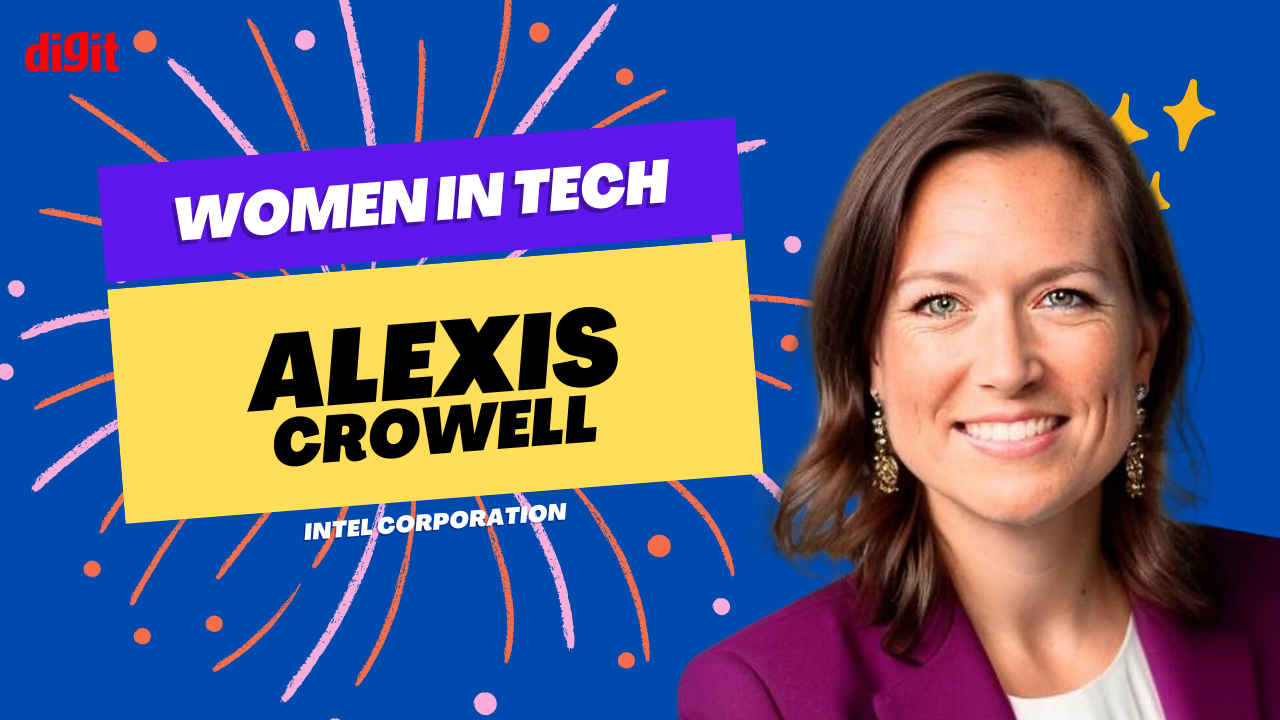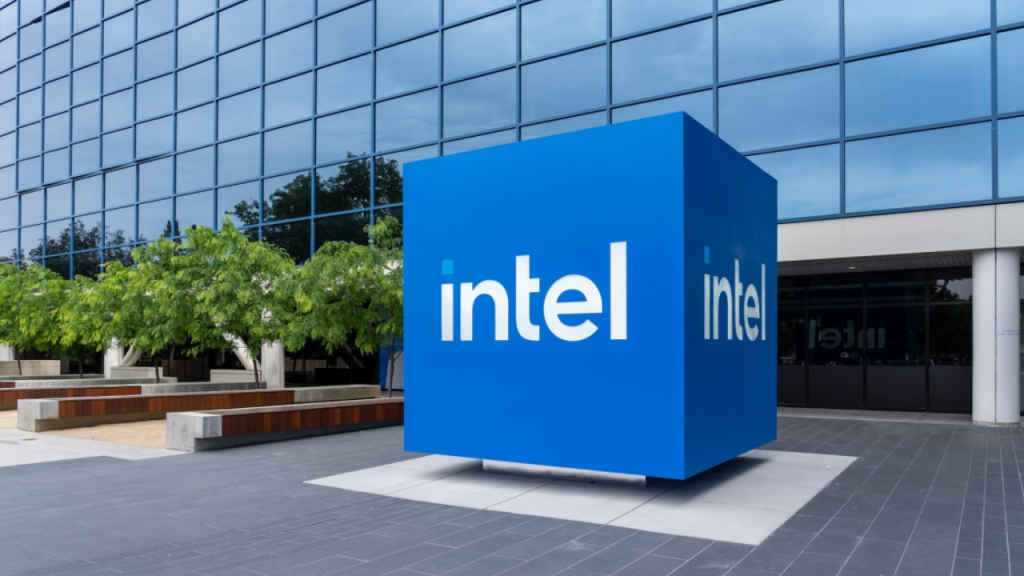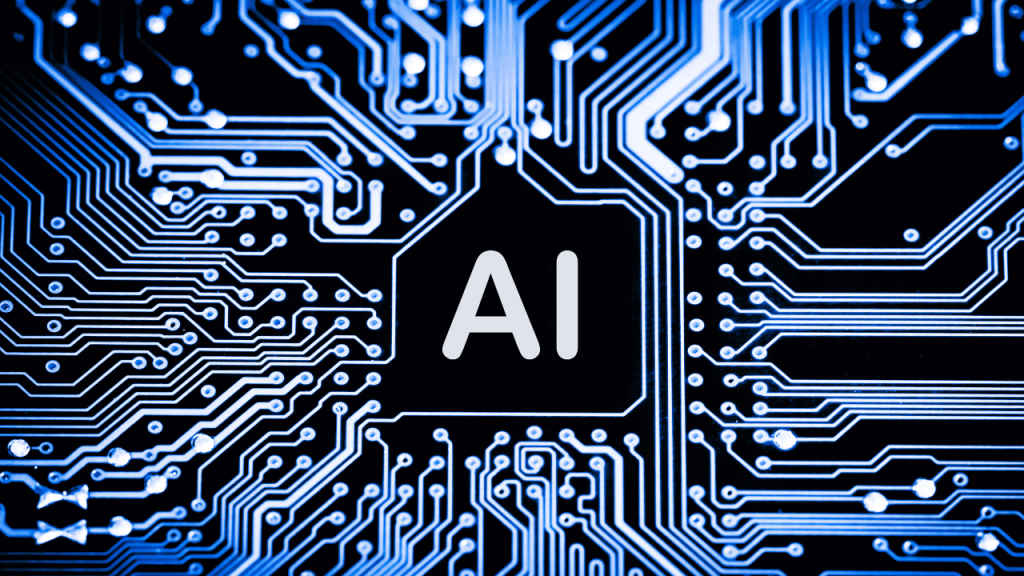Women’s Day: Intel’s Alexis Crowell envisions AI for women empowerment

As technology evolves for the better, where innovation and ethical considerations intersect, the journey of women like Alexis Crowell, Vice President & CTO, Asia Pacific and Japan at Intel Corporation, shines a light on the path to a more inclusive and sustainable future.
From software engineering to AI and digital transformation, Crowell’s career trajectory reflects not just personal achievement but also a broader narrative of overcoming societal expectations. “Over half of my career occurred prior to me getting married and having kids,” Crowell shares, highlighting the societal pressures that come with balancing a career in tech with family life. With her nearly two decades of experience across four continents, embodies the spirit of leadership, innovation, and commitment to using AI as a force for good. Her journey also underscores a critical message: empathy in leadership is essential, recognising that individuals come with diverse backgrounds and face unique challenges.
On the occasion of International Women’s Day 2024, we delve into Crowell’s insights and aspirations on the potential of AI to revolutionise not just industries, but also societies at large. Edited excerpts from our interview follow:

Q) Alexis, your career has taken you across four continents, working in diverse focus areas. Can you share how being a woman has shaped your journey and leadership style in the tech industry?
Over half of my career occurred prior to me getting married and having kids. Being single made it easier for me to pick up and move but the societal pressure of not being married was also real. And then, when I did get married and started a family, the societal pressure persisted, but now in a different way! As a woman with a shifting goal post of expectations, at times I felt like I could not win in terms of wanting/ prioritising a career and being a mother at the same time.
Also read: Women’s Day 2024: Cadence’s Kripa Venkatachalam on Women in Tech
Those transitions are difficult for anyone, but with the additional social “obligations” it has helped me be more empathetic to everyone’s situation. We never know what the person we are working with is dealing with outside of the “office environment” and our jobs as leaders is to ensure we meet everyone where they are, not where we think they should be.
Q) Given your emphasis on ethical use of AI, how do you envision AI contributing to women’s empowerment?
Artificial intelligence is just like the invention of any great tool in our history – it makes jobs easier, increases productivity, fills gaps where there is scarcity, but it must be accessible so people can take advantage of it. So, for AI to support any group of people, we, as an industry, need to work to ensure we democratise AI in a way that everyone can benefit – women and all under-represented groups in any field. I look forward to the day when AI can help highlight when things like bias and disparity are occurring and can be a better ally for everyone!
Q) What are the biggest challenges you’ve faced as a woman in tech, and how have you overcome them?
I have spent my entire career in tech, so I cannot say if what I have faced is the same in every industry, but I do not believe that these are problems in my industry alone. Anytime a field is dominated by one group of people or another, it is easier to unintentionally marginalise or misunderstand the minority group. This happens with women in that generally women are more emotive, and in some societies that is seen as weakness, but it can actually be a strength.
Then there’s also the societal challenges of being a working woman that “should” be a mom, a partner, a daughter, etc. That path is not always the path a woman wants to take – for me it wasn’t my path until I was over 30. I didn’t even want kids when I first started working! So, for a while I was “wrong” in the eyes of others because I wanted a career and not a family, and then I had a family and was “wrong” for wanting a career and a family… I don’t know a single man that has had to face similar challenges.

Q) Given your expertise in AI policy and governance, what policies do you believe are crucial for ensuring AI advances gender equality and supports the rights of women and underrepresented groups?
AI governance needs to happen before AI gets implemented. Putting in policies and guidelines in place before implementation can help ensure a company is asking the right questions and sourcing the right data. As an example, if a GenAI model is being built to create pictures, but the only pictures it has ever been trained with were of dogs, then every response will be based on a dog, instead of the myriad of animals on the planet.
Same is true with people, if the data was all trained on one population of people, it will have near-zero accuracy to predict/augment answers in a different population of people. By asking questions ahead of the use of any data or building any AI solution, we can help ensure the right data is being used to create and augment the right outcomes.
Q) You’ve mentioned the importance of mentorship and “paying it forward.” Can you share how mentorship has played a role in your career, and how you are working to support the next generation of female leaders in tech?
Mentorship is critical, as is sponsorship. The first is something that can be actively sought after, but the latter should come naturally. It is important not only to receive, but also to give mentorship and sponsorship to those deserving of it. Mentorship can come in moments, or across time, but sponsorship is how we show up for each other when the person isn’t in the room. As an example, if a job is being considered, sponsors advocate for others.
Also read: Women’s Day 2024: Micron’s Suchitra Velma talks Women in Tech in India
There have been many leaders, men and women, who have played pivotal roles in my career, being sounding boards when important decisions surface, or encouraging me when I question my qualifications. And yes, I’m trying to repay them by helping others.
Q) You have a strong conviction that AI can unlock our potential and lead us toward a more sustainable future. Can you elaborate on how you see AI shaping the future of sustainable development and the role women can play in this vision?
Yes, you are right, I am an “AI Optimist” and believe that if we steer it correctly, AI can profoundly help the planet. Think about it as augmented intelligence – now, with the help of the right models, we can have the collective intelligence of all those working on a similar problem around the globe.
A single human is intelligent, but a collection of humans that have studied different parts of the world and bring that diverse wisdom together can come up with a better answer – AI can help with that. And just like diversity of thought is critical to improving outcomes for businesses, diversity of the research and the approaches will help lead to better models and better accuracy.
Q) What advice would you give to young women aspiring to pursue a career in technology and AI, based on your own experiences and the evolving landscape of the tech industry?
The very first thing is to be confident and curious. People know more than they think they know, so if there is a question, ask it. Second, do the work and get the details right. Once you establish yourself as the “go to” person to get important things accomplished, leadership will trust you with the bigger strategy and opportunities. I am convinced that is a significant part of my success and my career journey. The third thing is to find a group of people that you can trust – beyond your workplace – that can be your trusted advisors. I have been so grateful to have a small, but very trusted, group of people that have helped me through any number of challenges.
Q) How can AI be used as a tool to address social issues, specifically those affecting women, such as gender bias, education inequality, and access to healthcare?
One of the first places AI can really help is where there is a scarcity of resources – like in healthcare. The World Health Organization estimates that there will be a shortage of 10 million physicians and medical workers by 2030. By bringing technology, and AI assisted technology, we can advance the time to treatment where there is an expertise shortfall. Take an ultrasound as an example, if AI can help read the ultrasound first, and then point a radiologist to the most likely impacted areas, it saves significant time and speeds how quickly a patient can be treated.
There are some impressive advancements in cancer identification as well through AI-based cameras, all helping fill a significant gap in today’s medical capabilities. Medical shortages tend to be worse in second and third tier cities, but by bringing cost-effective AI solutions to those places, we are bringing better healthcare to everyone. This democratisation of technology is how we will help the entire world advance.
Q) In driving innovation within Intel and across the Asia Pacific and Japan, how do you balance the push for technological advancement with ethical considerations?
Intel has been focused on human rights and improving the lives of every human on earth through technology for as long as I can remember, all while pushing the limits of technology. Both can coexist! Putting together a diverse group of people to solve a problem can bring in valuable perspectives that help make decisions and ensure we consider the outcomes while bringing innovation and advancement.
Q) As we celebrate International Women’s Day 2024, what message do you wish to share with both women and men in the tech industry to foster a more inclusive working environment?
Inclusion starts with valuing the diversity of people around us. If we believe that everyone has something to teach us (could be something positive, or something we choose not to do in the future!), we are more willing to listen and to understand, as opposed to constantly seeking to be understood.
Jayesh Shinde
Executive Editor at Digit. Technology journalist since Jan 2008, with stints at Indiatimes.com and PCWorld.in. Enthusiastic dad, reluctant traveler, weekend gamer, LOTR nerd, pseudo bon vivant. View Full Profile




